Long before Willem Dafoe became a feted figure of the Hollywood establishment, he was a disrupter, immersed in experimental theatre. On that count, no one can accuse the forces that enlisted Dafoe as Venice Biennale Teatro’s artistic director of a cynically celebrity-led appointment.
Dafoe’s programme expressly reflects the influences and passions that shaped him, not least the Wooster Group, a New York company he co-founded which appears in his Venice lineup. But the risk with this personal nod to the past is that the once-edgy becomes dated experimentalism.
That certainly seems the case with this “experiment”, a directorless two-hander in which Dafoe stars alongside Simonetta Solder. Its basis is a series of notes on index cards written by the late American playwright, Richard Foreman – an avant gardist if ever there was one.
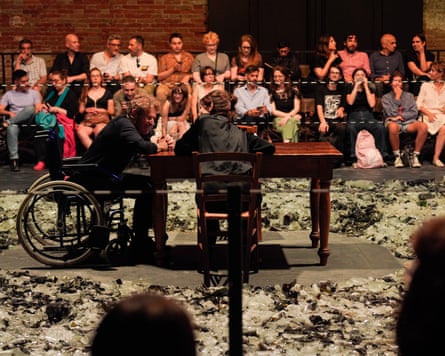
Dafoe and Solder sit around a table upon a circular mound that is bound by tape, like the cordon at a crime scene. They kick off by drinking a glass of water and smashing it across a heap of broken glass that surrounds them. The suggestion is that the glass has accumulated in an infinitely repeating show, the actors trapped on the island of glass with their index cards.
They read them alternately and at quite a pace. Seemingly random thoughts repeat; they are playful, quotidian or profound, and circle around certain themes: time, sleep, shoes. It is less a game of association than a deliberately fragmentary exercise which does not build to a bigger story. Paradoxes crash against each other (“Nasty is nice”, “So tired I woke up”, “Tomorrow comes”, “Tomorrow is yesterday”) while homilies turn wonky (“Better never than late”, “Hurt gently”, “Time explains it all”).
Dafoe is expressive and relaxed, at least, as well as Solder.
“Language is a bitch,” she says. It sure is here. When the actors switch to speaking in Italian (translated by Matilde Vigna), language really does seem so – for English speakers at least.
Is the idea that we, as the audience, begin to create a narrative out of fragments? That the creation of story is irresistible? Whose failure is it if no narrative forms? That question lingers, but in the meantime it is oddly banal. It seems ironic that the title of Dafoe’s programme is “Theatre is body. Body is Theatre”. This feels like conceptual theatre, about ideas not movement, the actors effectively reduced to their voices.
In between the index card table tennis is infectiously jazzy music and mischievous polka dot lighting. You hope that Dafoe and Solder will rise and do a jazzy jig. They don’t, until taking their final, shimmying bows.
As experimental as it may be, it seems old-fashioned in its play with meaning and story, while also hagiographic towards Foreman – a show given over to the reading aloud of his index card scribblings. It calls itself an experiment. It feels more like a puzzle with its dramatic parts, and heart, missing.

 6 hours ago
2
6 hours ago
2


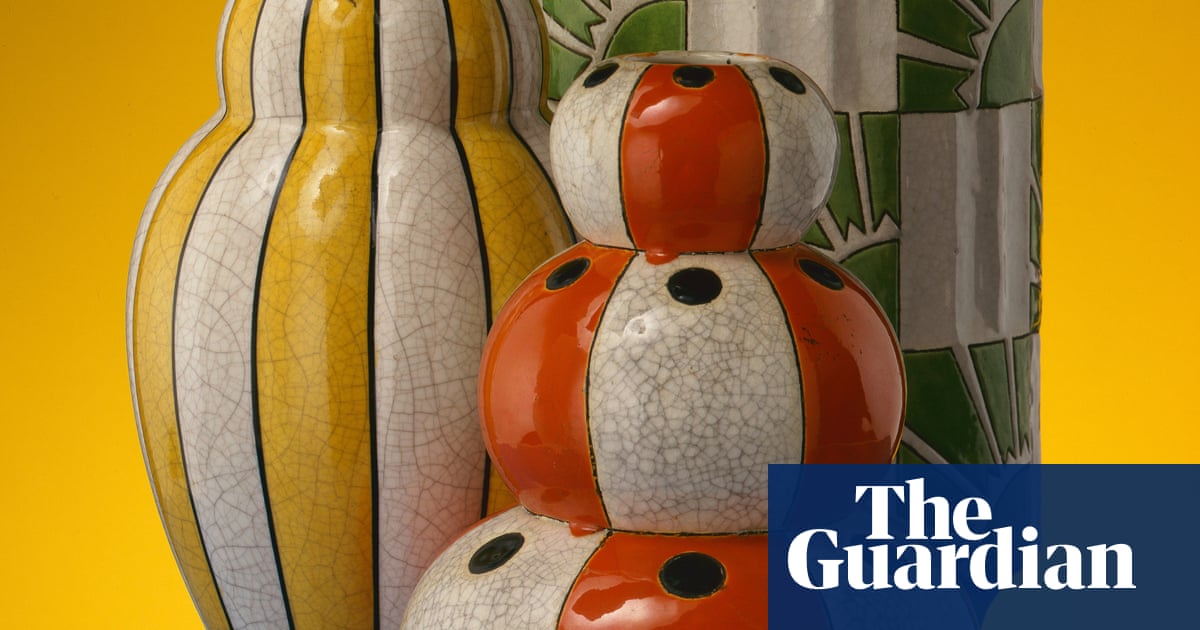


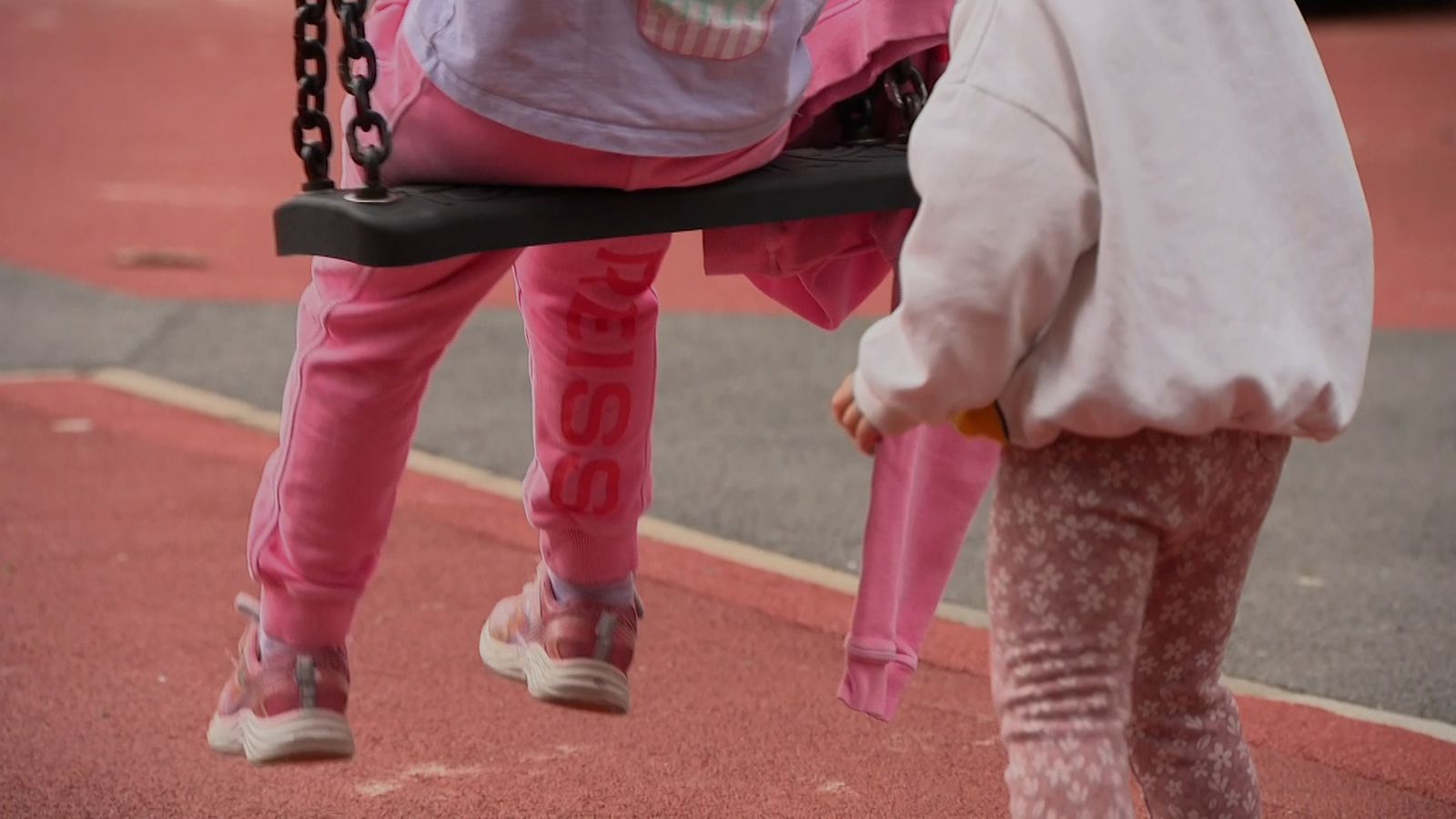

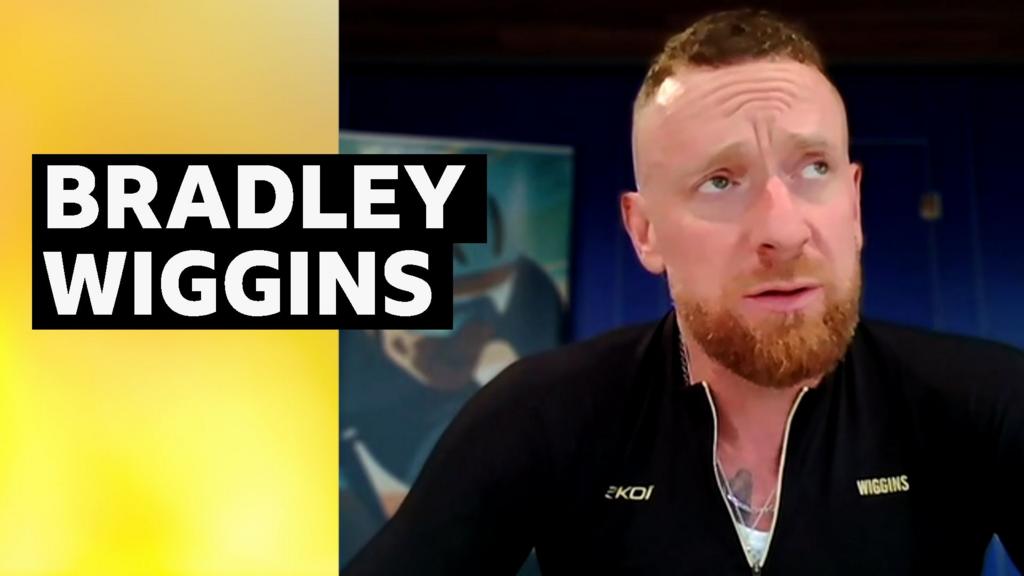
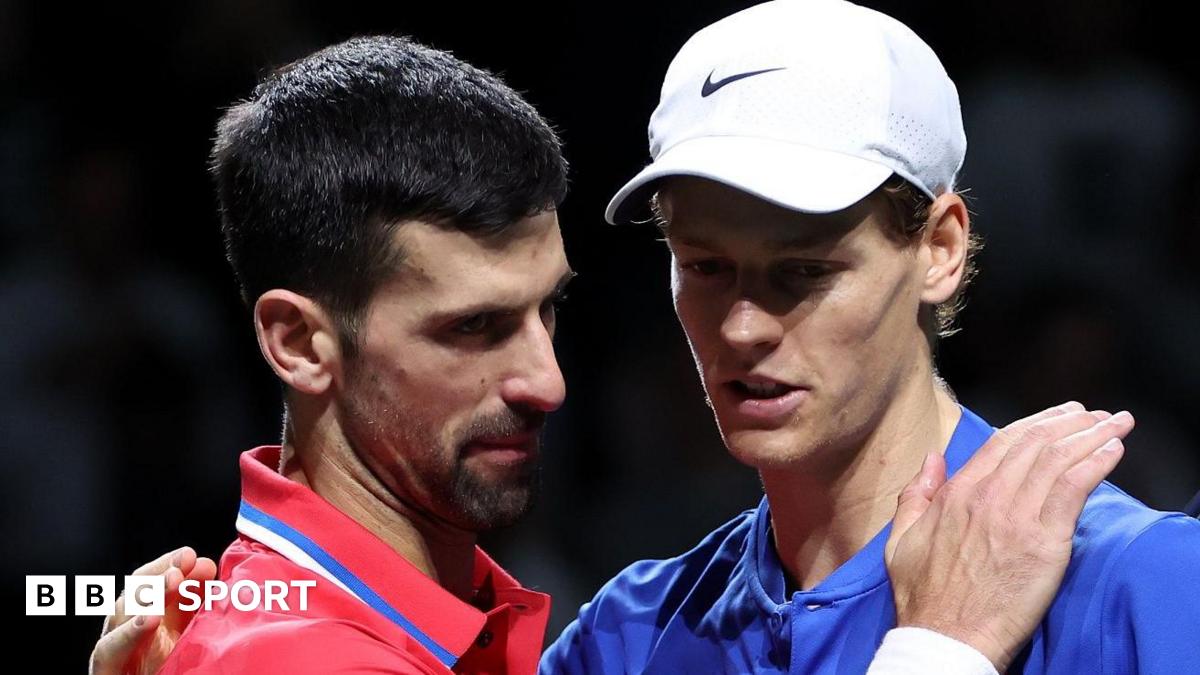

 English (US)
English (US)